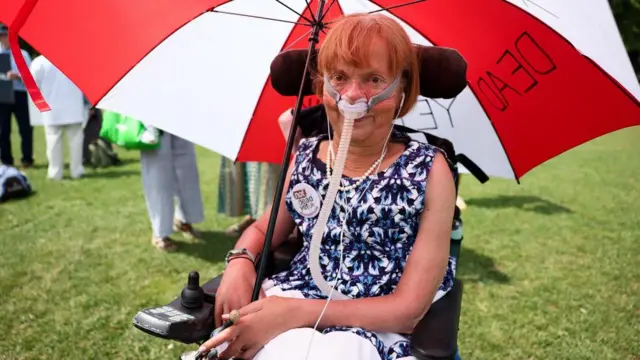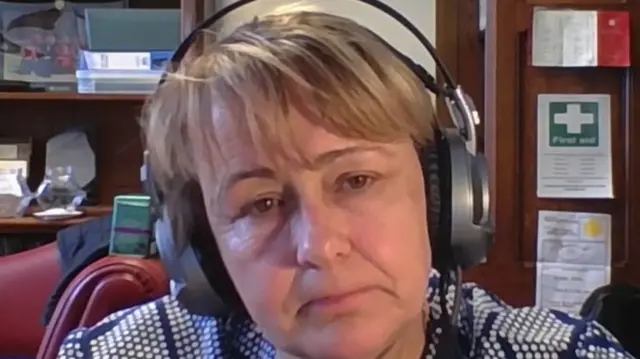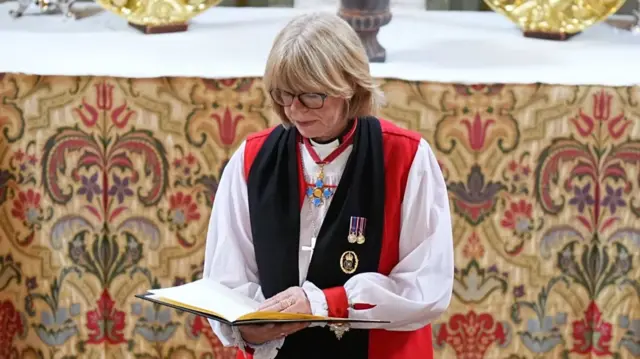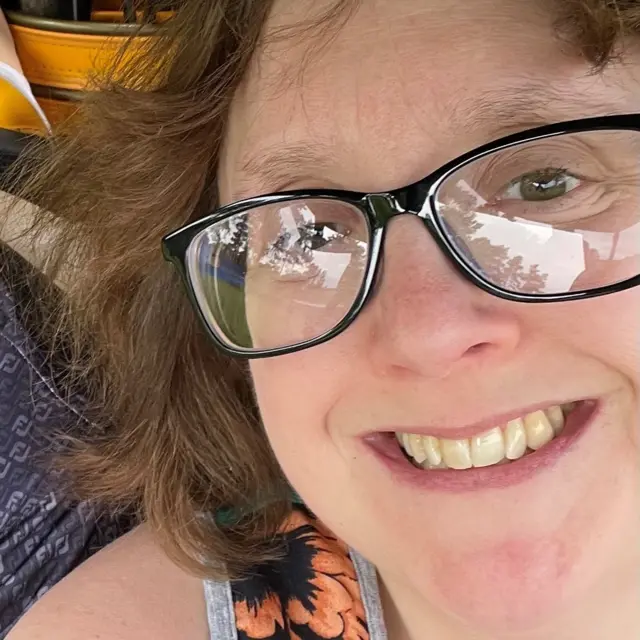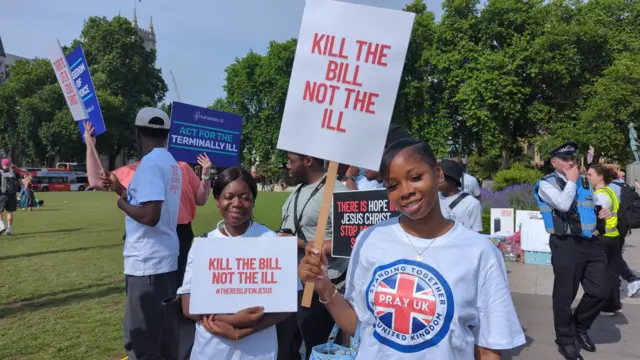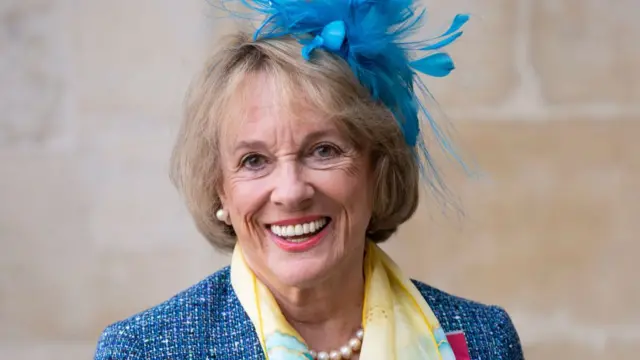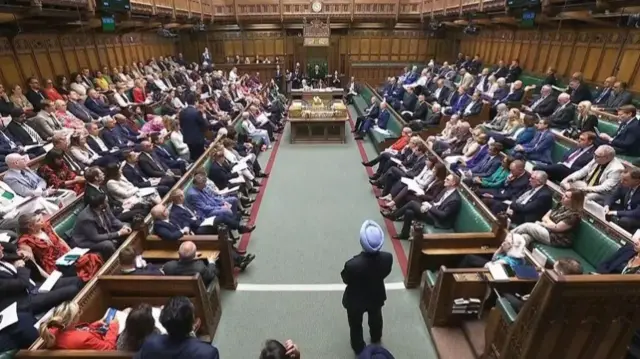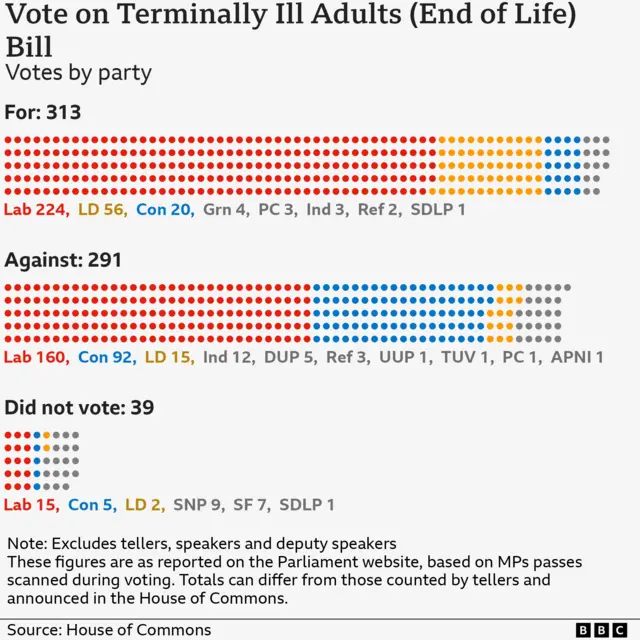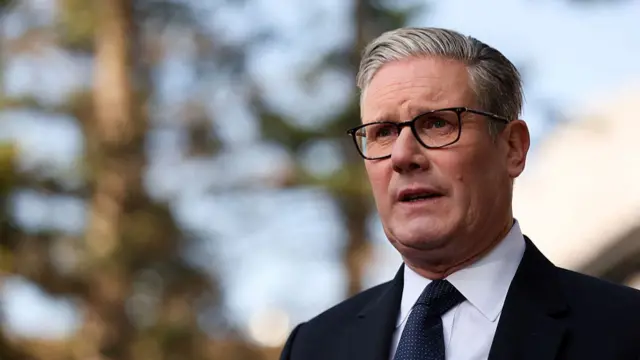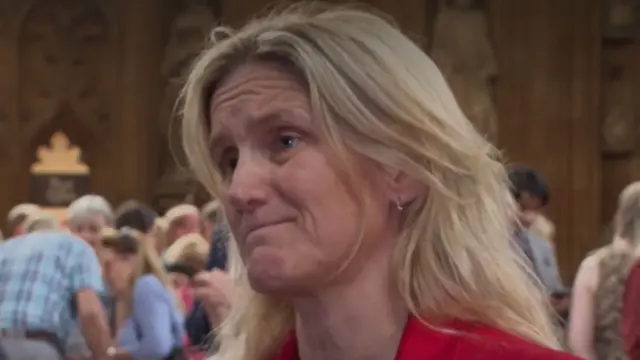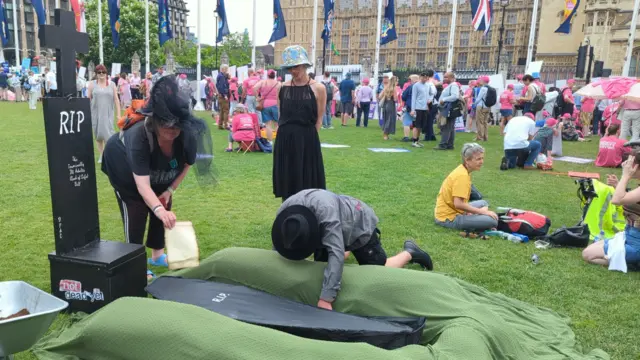Assisted dying bill clears the Commons after months of heated debatepublished at 17:00 BST 20 June
 Rorey Bosotti
Rorey Bosotti
Live page editor
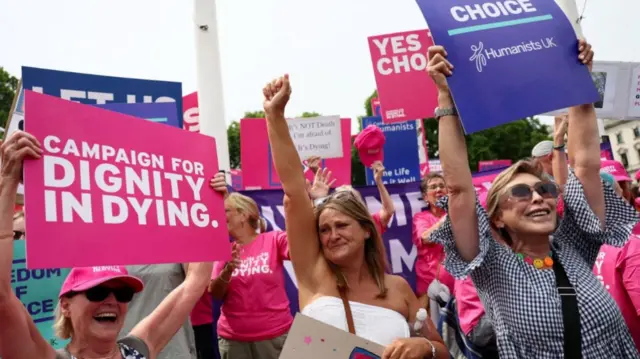 Image source, Reuters
Image source, ReutersNearly seven months after it was first debated, the Terminally Ill Adults (End of Life) Bill has now completed all its steps in the House of Commons.
Before the vote, MPs spent almost three hours debating concerns with the bill.
Opponents claimed amendments made since its second reading failed to address safeguarding concerns for the vulnerable members of society who could be coerced to apply for assisted dying services.
Supporters rejected the claims, insisting the proposed legislation aims to hand back terminally ill people the power of choosing how and when to die with dignity.
In an unusually-packed Commons, 314 MPs voted for the bill against 291 rejecting it - a majority of only 23.
- Why today's assisted dying vote is so significant
- Assisted dying bill: What happens next?
- Profound social change that is now likely to become law
Bill sponsor Kim Leadbeater said she's "over the Moon" as the bill will now give terminally ill patients a "choice and dignity where they might not otherwise have it".
Opponents of the bill have expressed dismay over it clearing the Commons, with the Not Dead Yet UK campaign describing the vote as "a set back but not the end".
But the journey of the bill isn't over yet - it will now head to the House of Lords, where peers are expected to debate it further.
We're now bringing our coverage of today's vote to a close. Thank you for joining us and you can find out how your MP voted in our story.
